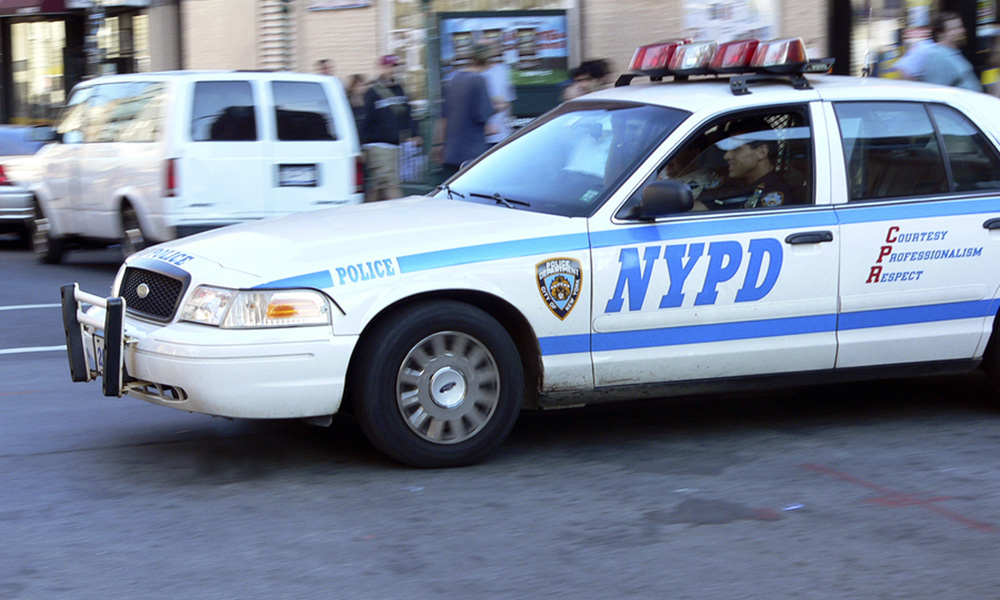Many laypersons do not fully understand the legal interpretation of indecent exposure. Thus, it isn’t uncommon for someone to call the police on another person for what they consider indecent exposure. An arrest might happen, but you cannot be convicted if your actions did not meet the legal definitions of the crime.
This charge is specific yet technical. But with the help of a Long Island criminal justice attorney, you can tell if the circumstances met the threshold and the defenses that can produce better outcomes. And an attorney’s experience is critical in lining up the best legal representation in court.
What Proof is Necessary to Successfully Convict You?
Just like all other crimes, a judge in Long Island cannot convict you for indecent exposure without credible proof. The evidence presented by the prosecution has to convince the court that the circumstances satisfied all the elements of the crime.
They must prove that:
- There existed an intention to entice a sexual response or give oneself some form of sexual gratification
- The defendant planned to show the private parts willfully
- The defendant’s genitals, buttocks, or breasts were unclothed in public
- Exposure took place in a public place, whether privately or publicly owned
- Exposure in a private space that is viewable by the public
For a conviction to take place, no doubt should exist in the minds of the jury. And the role of a Long Island indecent exposure attorney is to find ways to plant those doubts. This can be done by cross-examining the witnesses and asking them questions that can expose some inconsistencies.
How is a Public Place Defined?
Exposing your genitals anywhere where a substantial group of persons or members of the public have access is considered inappropriate in the state of New York.
Depending on the circumstances, it might be illegal for your private parts to be unclothed in:
- Lobbies
- Hallways
- Playgrounds
- Parks
- Places of amusement
- Schools
- Transportation facilities
- Highways
- Portions of an apartment or hotel that isn’t designed for actual residence
- Public restrooms
- Parks
- Clubs and bars
It is worth noting that simply wearing clothes that show some cleavage does not amount to indecent exposure. The issue comes in when you expose the part below the top part of the areola. But if your clothes cover the areola, you are decent enough for the public eye.
What Penalties Does an Indecent Exposure Charge Attract?
A conviction can impact the quality of your life, and the negative effects can last for a really long time. The suffering is usually economic, social, and emotional. But all these are avoidable with proper legal representation of a Long Island indecent exposure attorney.
Promoting the exposure of a person or exposing oneself comes with several consequences in New York State. They include:
- 15 days in prison
- Up to $25 in crime victim assistance fee, up to $95 surcharge, and up to $250 in fines
- Employment, travel, and immigration consequences
- A criminal record for a year or more
And if a lewd act accompanied the indecent exposure, here are the consequences:
- Prison time of up to 3 months
- Fines as high as $500, a crime assistance fee of $25, and a surcharge of $175
- Travel, immigration, and employment consequences
- A permanent criminal record
- Interim probation supervision
- Probation
What Factors Aggravate Indecent Exposure Charges?
Indecent exposure by itself is a misdemeanor, and convicts usually get less than a year outside the state prison. However, the penalties can become more severe in certain circumstances. You can expect more serious penalties depending on:
- The nature of the exposure
- How long the exposure happened
- Whether children were victims of the exposure
- If coercion or physical contact followed the exposure
- Whether it is a repeat offense
Sometimes, people engaged in intentional indecent exposure can do more than just expose their private parts. Some of the offenses that are usually charged along with indecent exposure include:
- Child molestation
- Sexual assault
- Rape
- Forcible touching
- Internet sex crimes
What Defenses Can Work for Indecent Exposure Charges in Long Island?
A Long Island indecent exposure attorney can help you prove that you did not intend to offend other people, or achieve sexual gratification or arousal. You can easily have the charges dropped if you had a good reason for exposing the body part. You might not be convicted if:
- You were breastfeeding
- The exposure was part of a performance in an exhibition, play, show, or entertainment
- The exposure was incidental to a medical condition such as incontinence
- Your clothes accidentally got torn
- Another person caused your clothes to tear
- You were urinating at night behind a dumpster that is outside direct view of the public
- You revealed your underwear; revealing or not
- You were unclothed away from civilization, for example, in a swimming lake
- You were dressing up in the bathroom and didn’t know that the curtains were open
Is there a Time-Limit for Charges to be Brought Against Me in New York?
The prosecution has only three years to charge you for indecent exposure. Notably, the counting begins on the day of the incident and ends at the three-year mark. Thereafter, it might be impossible for anyone to successfully bring such charges against you in New York State.
However, the prosecution can take advantage of the exceptions to this statute of limitation. Indecent exposures involving children can have a time extension in Long Island. Likewise, if the offender leaves the country or the state, the typical period can be delayed.
Legal Advice from a New York Criminal Defense Lawyer
A successful conviction for indecent exposure can ruin your reputation among your family and friends. Employers might also have difficulty trusting you to work on their premises or working with their clients. Investing in the best legal defense that can help you escape a conviction is the best you can do for yourself.
A skilled defense attorney near you can prove your innocence so that you can move on with your life. Call us at 516-299-6187 to get the legal help you need in Suffolk and Nassau Counties.















Comments are closed.